The amendments to MARPOL Annex V adopted at MEPC 70 will enter into force on 1 March 2018. The changes include criteria for determining whether cargo residues are harmful to the marine environment, and a new Garbage Record Book format with a new garbage category for e-waste. This post provides a summary of the new regulations.
The main amendments included in MARPOL Annex V, which was adopted at MEPC 70, cover:
Declaration of cargo residues
Cargo residues which are not harmful to the marine environment have less strict discharge requirements than cargo residues which are harmful. Solid bulk cargo as per regulation VI/1-1.2 of SOLAS, other than grain, shall now be classified per the criteria in the new appendix I of MARPOL Annex V, and the shipper shall then declare as to whether or not the cargo is harmful to the environment (HME).
Garbage Record Book
A new form of the Garbage Record Book (GRB) has been included in appendix II to MARPOL Annex V. The GRB will be divided into two parts:
Part I for all garbage other than cargo residues, applicable to all ships
Part II for cargo residues only applicable to ships carrying solid bulk cargo
The GRB garbage categories have also been amended to include e-waste 1, and the category for cargo residues has been split into HME (harmful to the marine environment) and non-HME. The new garbage category distribution will be as follows:
A. Plastics
B. Food waste
C. Domestic wastes
D. Cooking oil
E. Incinerator ashes
F. Operational waste
G. Animal carcasses
H. Fishing gear
I. E-waste
J. Cargo residues (non-HME)
K. Cargo residues (HME)
The GRB discharge table has also been revised, as both incineration start and stop date/time/position shall be recorded. In addition, a new table is included for reporting exceptional discharge or loss of garbage under regulation 7, also covering the reason for the discharge or loss, details there of and precautions taken.
The new GRB part II for solid bulk cargo residues includes entries for position or port, garbage category (J or K), amount discharged to sea or reception facilities, and start and stop positions for sea discharge.
Along with the GRB, receipts obtained from receptions facilities will also be required to be kept on board for at least two years.
Even though Annex V of MARPOL is mandatory for all ships, there are neither certification nor approval requirements.
However, the following is required under MARPOL:
Placards posted on board noting the discharge requirements 2
A Garbage Management Plan 3
A Garbage Record Book 4
Finally, the current 2012 Guidelines for the implementation of MARPOL Annex V has been revoked by the new 2017 Guidelines, aligning it with the MARPOL amendments and relevant requirements of the Polar Code.
1) E-waste means electrical and electronic equipment used for the normal operation of the ship or in the accommodation spaces, including all components, sub-assemblies and consumables which are part of the equipment at the time of discarding, with the presence of material potentially hazardous to human health and/or the environment.
2) Applicable to ships ≥12 m and fixed and floating platforms.
3) Applicable to ships ≥100 GT or certified to carry 15 or more persons, and fixed and floating platforms.
4) Applicable to ships ≥400 GT or certified to carry 15 or more persons, and fixed and floating platforms.
References
MEPC.277(70) Amendments to MARPOL Annex V
MEPC.295(71) 2017 Guidelines for the implementation of MARPOL Annex V
MEPC.220(63) Guidelines for the development of garbage management plans


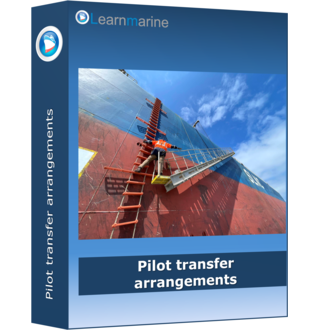
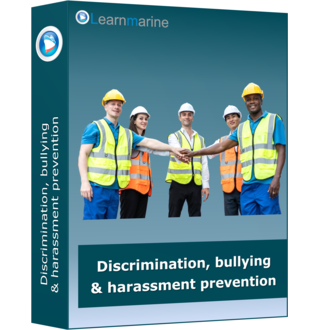
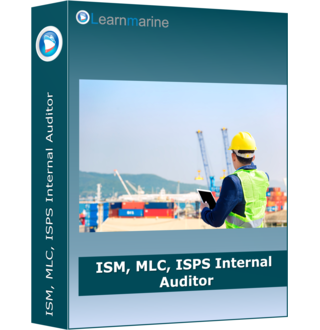
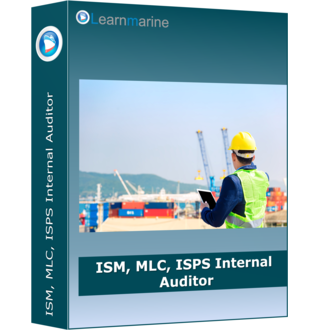

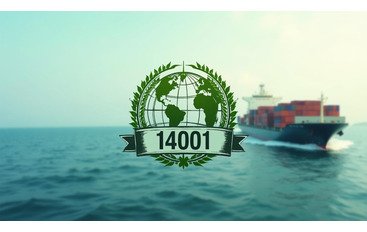
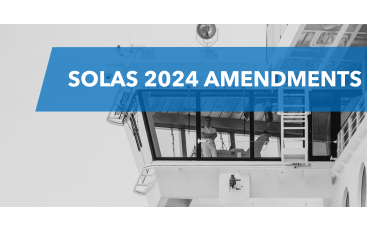
Comments